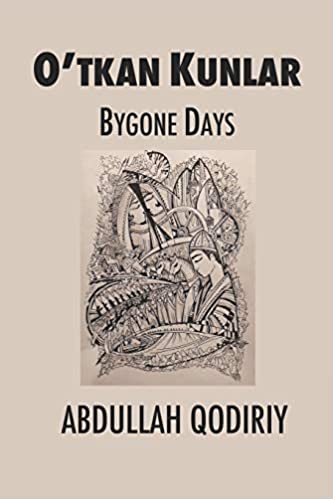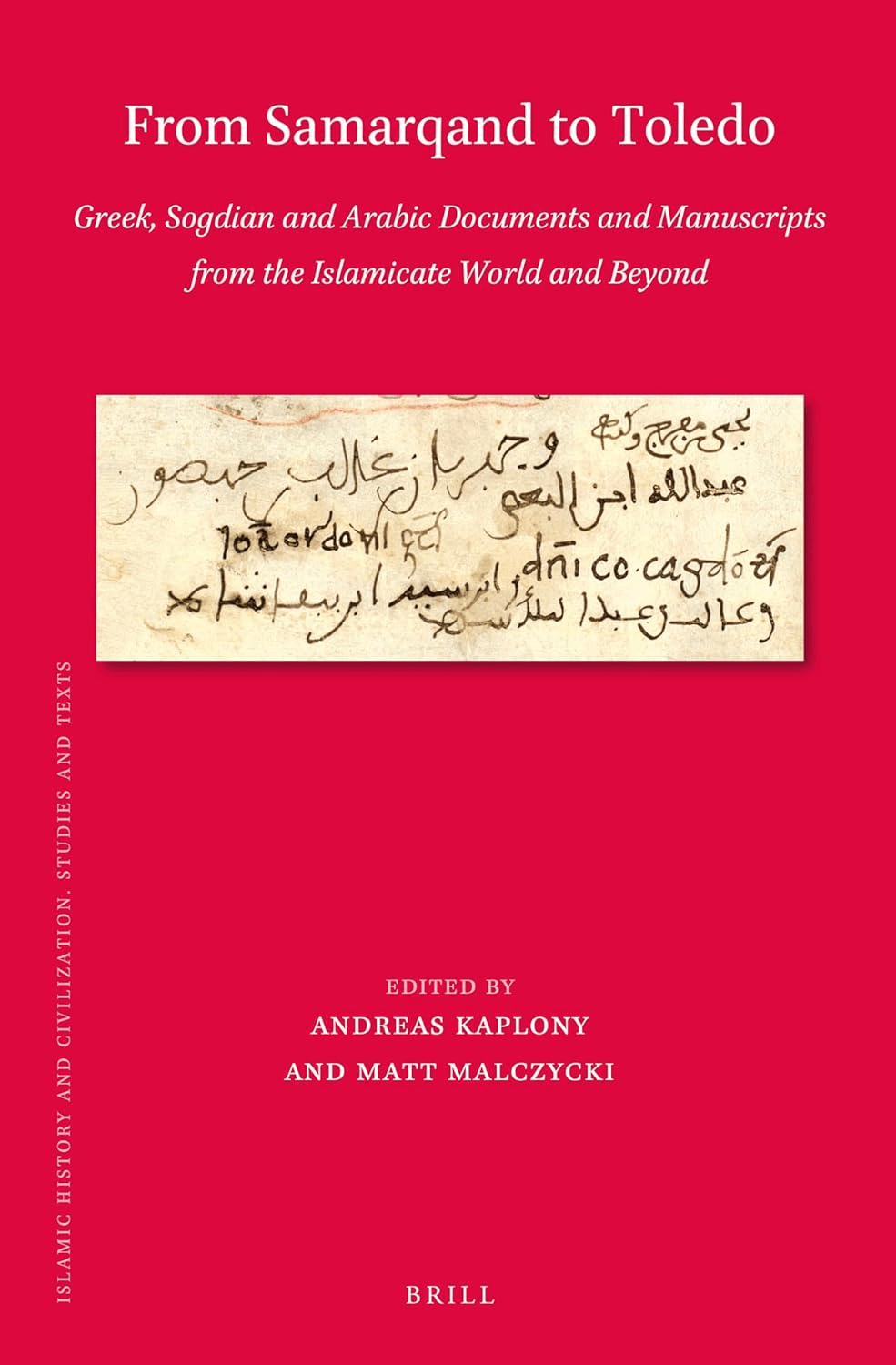
O’tkan Kunlar (Bygone Days)
Alva Robinson
Abdullah Qodiriy. Mark Reese, tr.
2018, Muloqot Cultural Engagement Program, 978-0-57846- 729-0. $25 pb.
Abdullah Qodiriy began publishing O’tkan Kunlar in 1922 as a serial in the Uzbek journal Inqilob (Revolution) at a time when Bolshevik propaganda and jadidist ideology thrived in Central Asia. The story’s success led Qodiriy to release it four years later as Uzbekistan’s first novel, but its increasing popularity opened both the book and its author up to criticism, eventually leading to the purging of Qodiriy in 1938. The story, translated for the first time into English, takes place in Turkistan, the heart of Central Asia, in “the year 1264 of the Hijra” (1845 or 1846) and centers on Otabek, a young man “lost in thought” and left feeling “like an outsider.” His pursuit for love with a young woman takes readers on a romantic journey filled with self-doubt and self-discovery. The backdrop of a region mired in a period of political and ethnic transition heightens the narrative, perhaps revealing the author’s intent to relate the spiritual-moral decay of his people and the sociocultural degradation happening at the hands of Russian colonists to the circumstances of his own day. This is a must-read for anyone interested in the complexities of relationships.
You may also be interested in...
.png?cx=0.45&cy=0.59&cw=382&ch=519.4922937443337)
New Book Decodes Mystery Behind Sixth Century Mosaic Pavement
Jane Chick’s 2024 study on enigmatic Libyan mosaic bridges Late Antiquity Roman and early ecclesiastical art.
Old Documents Shed New Light on History in Book Connected to Ancient Islamic World
The painstaking work to recover history—one page at a time—is on brilliant display in this collection of essays focusing on early Arabic, Coptic, Greek, Hebrew, Latin and Sogdian manuscripts.